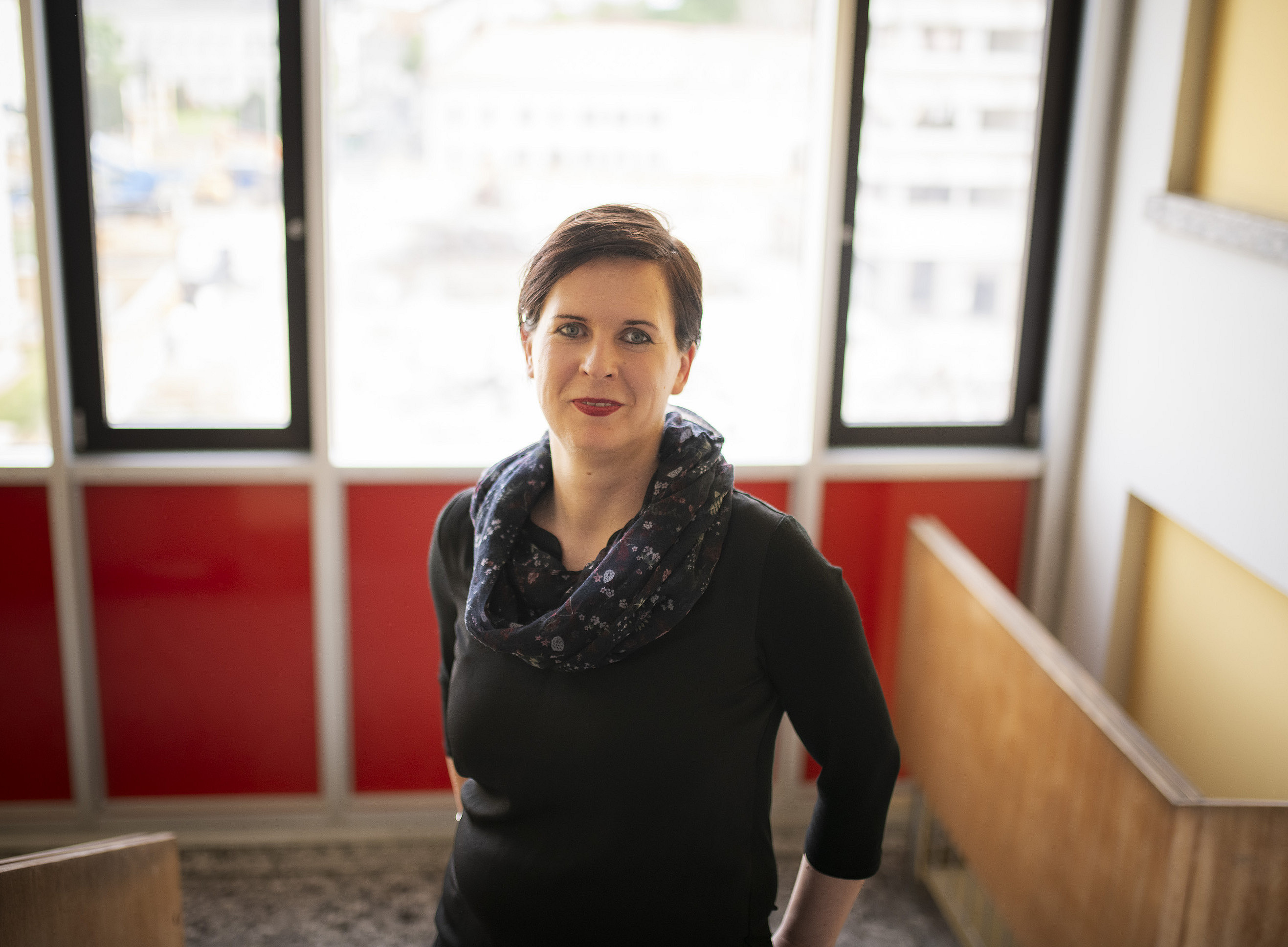Democracy is more than just having a say in elections, emphasises Britta Breser. The history and civic education specialist and professor of democracy education works at the Universities of Graz and Vienna. In her field of research, Breser focusses on the understanding of political processes, political theory, the role of citizens in a democracy - and how democracy is formed. "But if we look at the fundamental principles of our coexistence, such as human rights or children's rights, then people are already entitled to democratic participation rights in our society from birth."
Democracy is not something stable, explains the researcher. "It's like a permanent construction site that constantly needs to be reworked." In many education systems around the world, "civic education" is an integral part of the curriculum, which aims to educate pupils to become informed, responsible and committed individuals. Civic education has been increasingly anchored in Austria since 2007 and is integrated into the curriculum, particularly in history lessons: "Democracy must be understood as a dynamic process that requires continuous renewal and active participation. Dealing with the past and telling stories about it shows that the present is not only changeable, but that it can also be changed," explains Breser. History lessons demonstrate that the political is more than just the democratic. It also reveals dangers and can, of course, be a source of ideas for at least building on successful examples from the past in the present.
The Federal Republic of Germany serves as a role model. After the Second World War, the Allies launched a speech democratisation programme that dealt openly with politics and education. Austria lagged behind here, says Breser. Until the end of the 1970s, there was no consensus between the two major coalition parties. "There was an assumption of mutual manipulation and the fact that political education must be integrated as an integral part of the school system was forgotten." In addition to strengthening the teaching principle of civic education, which has existed since 1978 for all types of schools, school types and subjects, a separate, autonomous subject is also needed. "Perhaps something like educational and self-education labs that are not always graded," says the didactic specialist.
To what extent are pupils and young people really interested in democratic developments in their country? Their trust in democracy is declining. According to studies, many respondents feel powerless in the face of political decisions and in their role as voters. Only around half of 16 to 26-year-olds in Austria now think that the political system works properly - compared to two thirds in 2018. "Surveys in the coronavirus era have shown that those young people who have fared worse socio-economically have withdrawn more from democratic decision-making processes." Controversies in society have increased due to a pluralising society and these are naturally reflected in history lessons. "School must not be a protected space. The door must not be shut on the issues that are currently preoccupying and burdening our society." The challenge for teachers today is to address controversial issues and promote democratic awareness. And this requires a permanent and in-depth debate - over and over again and not just in the super election year of 2024.
Role of the university
Political education should not end with graduation. That is why the University of Graz also sees itself as a platform for political exchange. In the run-up to the regional elections in Styria, for example, members of the regional parliament from all parties will debate the role of Styria as a start-up location on 4 November. On 13 November, Peter Filzmaier and Karin Praprotnig will analyse the current political situation in Austria between elections. The lecture series Extremism, on 6 November, is dedicated to the methods of right-wing and left-wing populists. On 21 November, the role of pop music in election campaigns will be examined.
The election of the US president is of global significance. On the day after the election (6 November), the Center for Inter-American Studies invites you to a US election brunch (the doors are open early in the morning), followed by an invitation from the Institute for American Studies to a round table on the US elections in the evening. On 12 November, the role of the ‘Gendered Culture Wars’ during the US election will be highlighted.
